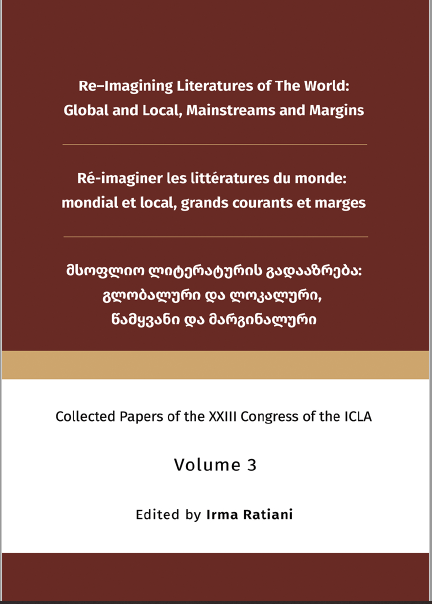Saturated Phenomena and Blood Consciousness: Nature in the structuring of Human Experience in D. H. Lawrence’s Sons and Lovers and Women in Love
Main Article Content
Abstract
D.H. Lawrence's belief in the "Blood consciousness" asserts the impracticability of attaining a comprehensive understanding of the world through a Cartesian perspective. This belief system posits the inextricable connection between the corporeal and the mental, foregrounding the primordial awareness of the embodied self and its entanglement with the natural world. This paper will examine how nature, as a manifestation of instinctive life, resists the detrimental and dehumanizing effects of industrialization and capitalism on humans. Being in the world is not solely a rational experience, and the body as embodied consciousness can serve as a foundation for knowledge. Jean-Luc Marion's concept of saturated phenomena further supports this idea. These phenomena are events that offer an intuition that surpasses our intention towards them. They are crucial to our experience of the world and can be seen as "gifts" due to their overwhelming abundance and plenitude that surpasses our ability to fully grasp them. In his oeuvre, Lawrence employs a framework in which nature is understood as a 'gift', resulting in a highly saturated representation of sensory phenomena. This serves as a paradigm of the excess inherent in his conception of Blood consciousness.
